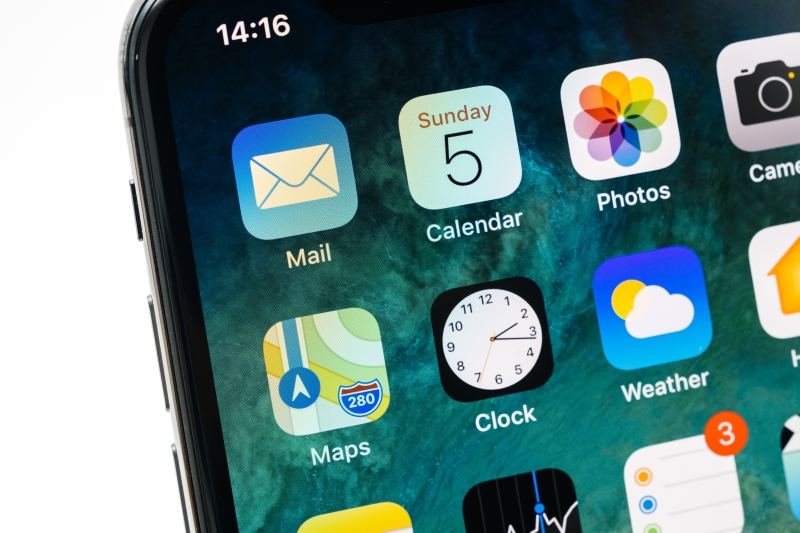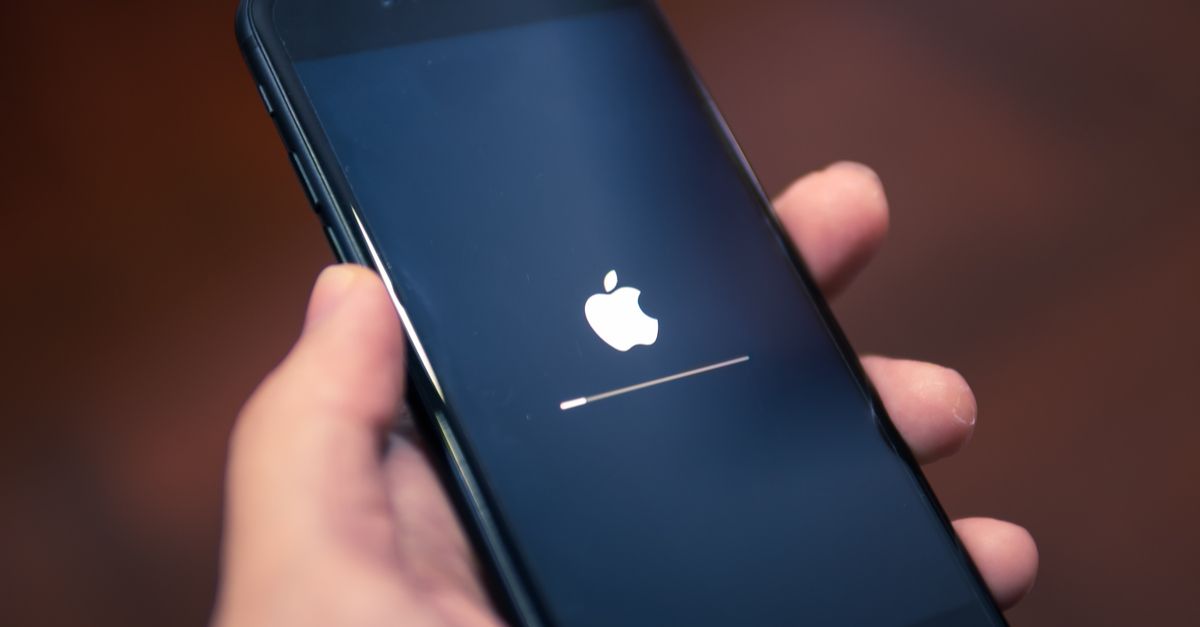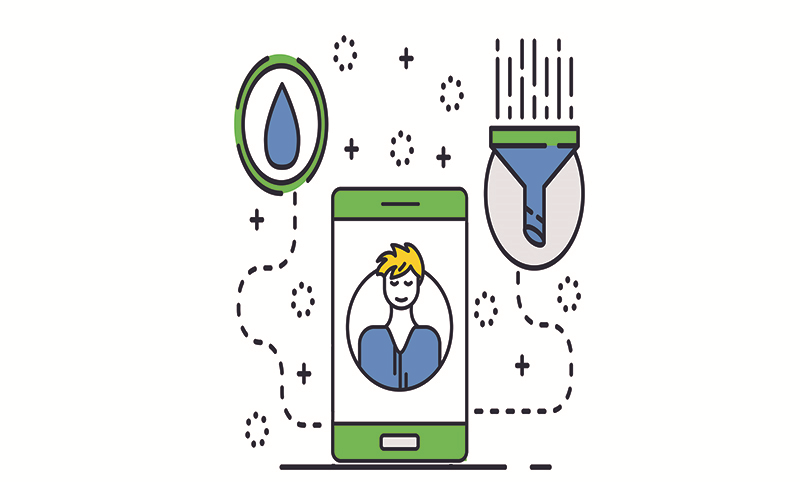Security News

iOS uses XML for Plists, and Plists are used everywhere in iOS. iOS's sandboxing system depends upon three different XML parsers, which interpret slightly invalid XML input in slightly different ways. So Siguza's exploit - which granted an app full access to the entire file system, and more - uses malformed XML comments constructed in a way that one of iOS's XML parsers sees its declaration of entitlements one way, and another XML parser sees it another way.

The flaw exists in Cisco IOS XE. This Linux-based version of Cisco's Internetworking Operating System is used in Cisco software-defined wide area network routers. In March, Cisco issued 24 patches tied to vulnerabilities in its IOS XE operating system.

Apple has confirmed that its Mail application for iOS is affected by some vulnerabilities, but the tech giant has downplayed their impact and disputed claims that the flaws have been exploited in attacks. Cybersecurity automation company ZecOps reported on Wednesday that it had identified a couple of critical zero-day vulnerabilities in the Mail app for iOS. The flaws, which the company says have existed since the release of iOS 6 in 2012, can be exploited to execute arbitrary code in the context of the application by sending a specially crafted email to the targeted user.

A Chinese threat actor tracked as Evil Eye has updated the tools it uses to target Uyghurs, a minority Turkic ethnic group in the Xinjiang Uyghur Autonomous Region in Northwest China, incident response and threat intelligence firm Volexity reports. Starting January 2020 the threat actor resumed operations, with signs of activity identified "Across multiple previously compromised Uyghur websites."

The Mail application in iOS is affected by two critical zero-day vulnerabilities that appear to have been exploited in targeted attacks since at least January 2018, cybersecurity automation company ZecOps reported on Wednesday. The vulnerabilities, described as out-of-bounds write and heap overflow issues, affect the MobileMail application on iOS 12 and maild on iOS 13, and they can be exploited by sending specially crafted emails to the targeted user.

Apple has reportedly patched a pair of critical vulnerabilities in iOS that are being exploited by what appears to be government-backed hackers to spy on high-value targets. Most importantly, the researchers said, in iOS 13, the attack can be performed when Mail automatically downloads messages in the background, meaning no user interaction is needed: the data is fetched, parsed, and the bugs exploited immediately.

Researchers are reporting two Apple iOS zero-day security vulnerabilities affecting its Mail app on iPhones and iPads. Impacted are iOS 6 and iOS 13.4.1.

Zoom has removed a feature in its iOS web conferencing app that was sharing analytics data with Facebook, after a report revealing the practice sparked outrage. In a Friday post, Zoom that it has now removed the "Login with Facebook" software development kit for iOS, which was the feature tied to the data sharing: "Our customers' privacy is incredibly important to us, and therefore we decided to remove the Facebook SDK in our iOS client, and have reconfigured the feature so that users will still be able to log in with Facebook via their browser," according to Eric Yuan, founder of Zoom.

Publicised by ProtonVPN, the issue is a bypass flaw caused by iOS not closing existing connections as it establishes a VPN tunnel, affecting iOS 13.3.1 as well as the latest version. A VPN app should open a private connection to a dedicated server through which all internet traffic from the device is routed before being forwarded to the website or service someone is accessing.

Researchers said the Apple VPN bypass bug in iOS fails to terminate all existing connections and leaves a limited amount of data unprotected, such as a device's IP address, exposing it for a limited window of time. "Most connections are short-lived and will eventually be re-established through the VPN tunnel on their own. However, some are long-lasting and can remain open for minutes to hours outside the VPN tunnel," researchers explained in a technical analysis of the flaw.